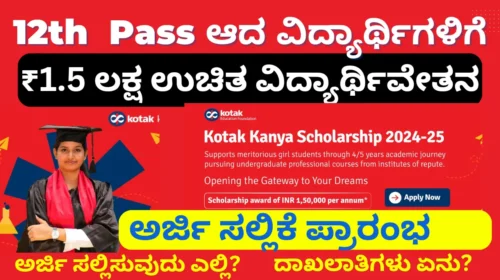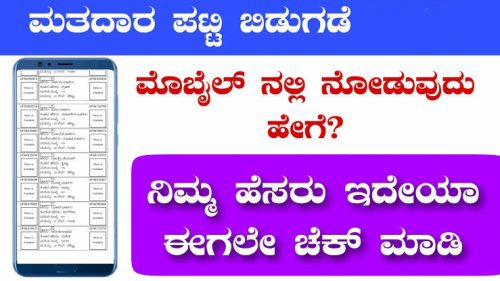Friends, recently, the Supreme Court of India ruled on the accessibility standards of minority institutions.
The National Eligibility-Cum-Admission Test (NEET) is mandatory for admission to all medical colleges and the claim of minority institutions is not absolute and is beneficial for regulation.
About Key Points
A) Background:
Some colleges have questioned the notifications issued by the Medical Council of India (MCI) and the Dental Council of India (DCI) under Section 10D of the Indian Medical Council Act of 1956 and the Uniform Entrance Examinations Act, 1948.
The management of such minority medical institutions uniformly violates their fundamental right to employment, trade and business. Maintaining (Rule 30).
Very few petitioners have said that the rules notified by the Government of Andhra Pradesh under Article 30 (1) of the Constitution are a violation of the rights of minority educational institutions.
B) Highlights of the judgment:
1) The SC is of the view that the fundamental and religious rights of minorities and the rights available under Article 30 cannot be violated by the provisions enshrined in Section 10D of the MCI and the Dentist Act.
2) The right to freedom of trade or business is not absolute. It is subject to reasonable restrictions on the interests of the community of students to promote excellence, recognize excellence and curb misconduct. The Uniform Admission Test qualifies and makes the proportionality test.
3) NEET is mandatory for admission to medical colleges run by religious and linguistic minority communities, and this applies to subsidized and unaided medical colleges operated by minorities. (The NEET was initiated to investigate various misconduct in medical education, to prevent title fees and to prevent the exploitation, profit and commercialization of education by admitting underserved students.)
4) Uniform admissions tests ensure improvement in future public health by promoting eligibility, furthering the directive principles enshrined in the Constitution.
5) The SC has upheld the rules for making the Secondary School Certificate (SSC) / Transfer Certificate (TC) available to the minority status of a candidate seeking admission to B.Ed courses. Rules require minority institutions to offer vacant positions under the management quota to non-minority students on merit.
6) Key issues:
A) It is noted that conversion certificates were obtained from students from other communities for admission under the management quota.
B) According to statistical data, minority seats are more uneven and more because of the number of colleges and the total number of seats available.
7) Upholding the rules of the Andhra Pradesh government protects the interests of genuine minority students against nightly conversion.
8) Access to non-minority students does not interfere with the right of the minority education institution to conduct its affairs in the interests of the minority community.









